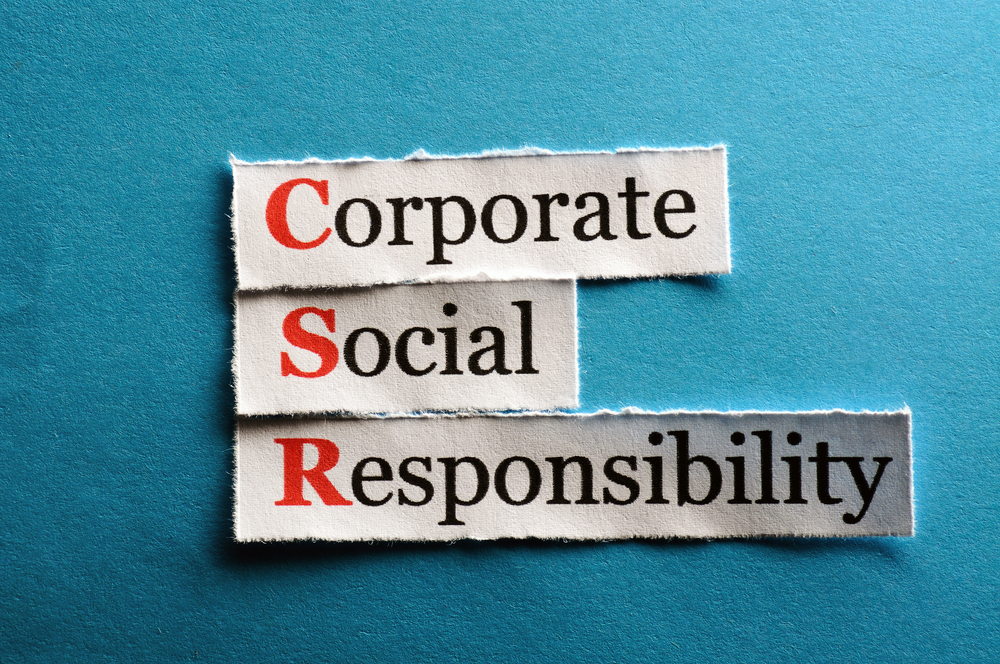The Benefits of Corporate Social Responsibility
Corporate Social Responsibility (CSR) has become an integral part of modern business practices. In this article, we will explore the numerous benefits that CSR brings to organizations. By implementing CSR initiatives, companies can enhance their reputation, attract and retain top talent, improve customer loyalty, and contribute to a more sustainable and equitable world.
Enhancing Reputation
One of the primary benefits of embracing CSR is the positive impact it has on a company’s reputation. When organizations actively engage in socially responsible activities, such as supporting local communities, reducing environmental impact, or promoting ethical business practices, they are perceived as trustworthy and caring entities. This enhanced reputation not only fosters goodwill among stakeholders but also attracts potential customers, partners, and investors.
Attracting and Retaining Top Talent
Employees today seek more than just a paycheck from their employers. They want to work for companies that align with their personal values and have a positive impact on society. By integrating CSR into their corporate culture, organizations can attract and retain top talent who are passionate about making a difference. Employees who feel proud of their company’s social initiatives are more engaged, motivated, and loyal, leading to increased productivity and lower turnover rates.
Improving Customer Loyalty
Consumers are increasingly conscious of the social and environmental impact of their purchasing decisions. They prefer to support companies that demonstrate a commitment to CSR. By actively participating in CSR activities, businesses can build trust and loyalty among their customer base. Customers are more likely to choose products or services from companies that prioritize sustainability, ethical sourcing, or charitable initiatives. This loyalty not only drives sales but also creates a positive brand image and fosters long-term customer relationships.
Contributing to a Sustainable World
CSR plays a crucial role in creating a sustainable and equitable world. By adopting environmentally friendly practices, reducing carbon emissions, and supporting social causes, companies contribute to the greater good. Through CSR initiatives, organizations can address pressing societal issues such as poverty, inequality, and climate change. By actively participating in these efforts, businesses can make a tangible difference in the lives of individuals and communities, while also safeguarding the planet for future generations.

Corporate Social Responsibility brings numerous benefits to organizations. From enhancing reputation and attracting top talent to improving customer loyalty and contributing to a sustainable world, CSR has become a vital aspect of successful business strategies. By prioritizing social and environmental responsibility, companies can not only differentiate themselves from competitors but also create a positive impact on society. Embracing CSR is not only a moral imperative but also a strategic advantage in today’s business landscape.
Frequently Asked Questions
1. What is Corporate Social Responsibility (CSR)?
Corporate Social Responsibility (CSR) is a business approach that aims to contribute positively to society and the environment by implementing sustainable practices and initiatives.
2. What are the benefits of practicing Corporate Social Responsibility?
Implementing CSR can bring several benefits to a company, including improved brand reputation, increased customer loyalty, enhanced employee morale, and a positive impact on the community and environment.
3. How does CSR contribute to brand reputation?
By engaging in CSR activities, a company showcases its commitment to social and environmental issues, which can enhance its brand reputation and differentiate it from competitors.
4. Can CSR initiatives lead to increased customer loyalty?
Absolutely! Consumers are more likely to support and remain loyal to companies that demonstrate social responsibility and ethical practices.
5. How does CSR impact employee morale?
When employees see their company actively participating in CSR initiatives, it can boost their morale, job satisfaction, and overall engagement, leading to higher productivity and retention rates.
6. What community benefits can be achieved through CSR?
CSR initiatives can have a positive impact on local communities by supporting education, healthcare, environmental conservation, poverty alleviation, and various social causes.
7. Does CSR help in attracting and retaining talented employees?
Absolutely! In today’s competitive job market, potential employees often seek out companies with strong CSR commitments, making it easier to attract and retain top talent.
8. Can CSR initiatives lead to cost savings for a company?
Yes, implementing sustainable practices and resource-efficient measures as part of CSR initiatives can result in long-term cost savings for a company through reduced energy consumption, waste management, and improved operational efficiency.
9. How does CSR contribute to long-term business success?
By integrating CSR into their core business strategies, companies can build strong relationships with stakeholders, mitigate risks, foster innovation, and create a sustainable business model for long-term success.
10. Is CSR only beneficial for large corporations?
No, CSR is beneficial for businesses of all sizes. Small and medium-sized enterprises (SMEs) can also reap the benefits of CSR by creating positive social and environmental impacts within their communities.




